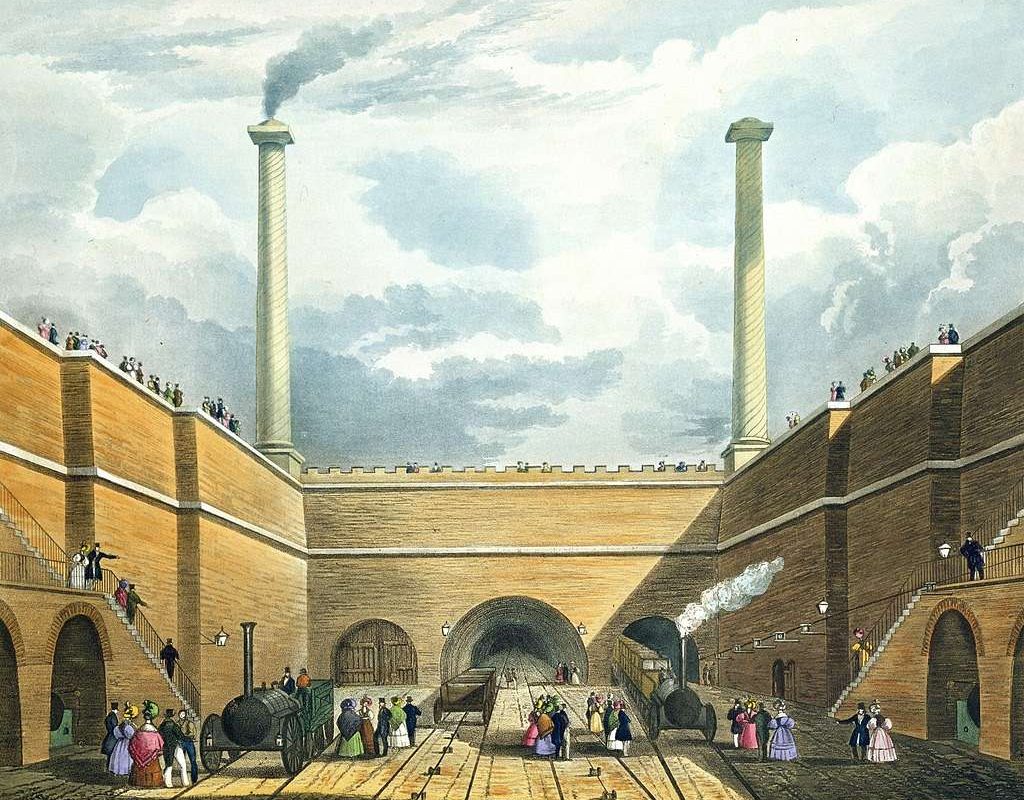Rebellious Daughters of History #30
by ,,Judy Cox

Chartist, Feminist, Journalist and Communist: Helen MacFarlane (1818-1860)
Helen Macfarlane was born in Barrhead, Paisley, Scotland. Her father, George, owned a calico-printing works. There was radicalism in the Macfarlane family and the mill workers who were solid supporters of Chartism.
In 1842 the Macfarlane mills went bust and the family were utterly ruined. Helen had to take employment as a governess.
In 1848 Helen was in Vienna when the Revolution against the Habsburg Monarchy broke out. She wrote: “I am free to confess that, for me the most joyful of all spectacles possible; one which I enjoyed extremely at Vienna, in March 1848, a universal tumbling of impostors. For it amounts to this, that men are determined to live no longer in lies!”
Following the defeat of the 1848 Revolution, Helen returned to Britain, first to Burnley, then to London. She began to write for the paper of radical Chartist George Julian Harney, The Red Republican, and became friends with Karl Marx and Friedrich Engels.
Historians of philosophy have ignored Helen’s role as the first British commentator on, and translator of, the writing of G.W.F. Hegel.
Helen saw Chartist tactics as less effective than the revolutionary French Blanquists:
“How comes it that our French brothers have done so much compared with us? Because they are organized into one compact mass, which, under the guidance of competent leaders, moves like an army of well-disciplined soldiers, steadily onward to a given point.”
In 1850 Austrian General Haynau, the infamous butcher of the 1848 Revolution, visited London. Workers at the Barclay Perkins brewery tried to drown him in a vat of beer then chased him dow the street. There was a press outcry, but Helen wrote,
“Had I been present when those brave proletarians gave this ruffian his deserts, I should certainly have dissuaded the mob from… laying hands on him… brothers, your hands are blackened and hardened from honest toil. Do not pollute them from touching that beast. Take mops and brooms, sweep him out as you do other kinds of dirt. Like to like. Filth to filth. Haynau to the common sewer.”
Helen published the first translation of ‘The Communist Manifesto’ in English, in the ‘Red Republican’ in 1850. When Helen fell out with Harney at the end of 1850, Marx commented that Harney had broken with, “the only collaborator on his spouting rag who had original ideas – a rare bird, on his paper…”
In 1852 Helen married Francis Proust and in 1853 gave birth to a daughter named Consuela Pauline Roland Proust (Pauline Roland was a great French leader of the 1848 Revolution). In 1853 the family sailed to a new life in South Africa, but Francis died on the journey, and Consuela died days after arriving in South Africa.
Helen returned to England and in 1856 she married Reverend John Wilkinson Edwards a widower with 11 children. She gave birth to two boys, Herbert and Walter. In 1860, at age 41, she fell ill with bronchitus and died.

Portuguese Anti-fascist icon: Catarina Eufémia
This month marks the anniversary of the assassination of Catarina Eufémia, a young militant agricultural worker who was gunned down for answering back to a police officer whilst canvassing support for a strike in Alentejo, Portugal.
Catarina became a serious icon for resistance against the fascist government of Antonio de Oliveira Salazar.
Catarina was born in Baleizão in the most arid and hot region of Portugal. The economy was run by a system Latifundia where landowners ruled the big estates ruthlessly, often with the help of the local police (GNR) and the hated secret police (PIDE).
Catarina was born into a family of jornaleiros (dayworkers). By the age of 17 she was married and had already been working in the fields for years. By 1954 she was a mother of 3 children and pregnant with a fourth.
From the mid 1940s onwards, agricultural workers raised economic demands, usually just before the harvest. In 1954 they demanded an increase in pay from 16 escudos to 23, still a pitiful amount. The landowners not only refused to pay but also hired other labour from different parts of the region.
On hearing that the other agricultural labourers had been hired, Catarina and 14 women workers went to address them as they arrived and appealed for solidarity. However, the police had already arrived. Undeterred, Catarina approached the workers but was stopped by a GNR who asked her what she wanted. ”Only bread and work’ was the reply.
The agent, considering the reply as ‘impudent’ gunned her down with a machine gun. She died minutes later and the 8 month child she was carrying in her arms was also injured. The agent was never prosecuted.
The police attacked people at Catarina’s funeral and some mourners were even sentenced to 2 years jail on trumped up charges.
Catarina then became a symbol of struggle in the Alentejo and throughout the country. Although not confirmed, many say she was a member of the Portuguese Communist Party, and she certainly attended meetings.
Catarina was an emblem of growing resistance to the Salazarista regime but it would be another 20 years before her great hope of a new world would flourish.
Some have commented that had she not been killed – she would have remained anonymous. But this is the point – socialism is about the tiny as well as the major struggles that are carried out regularly by nameless people, who make sacrifices in order to better the now but also work for a just future.



